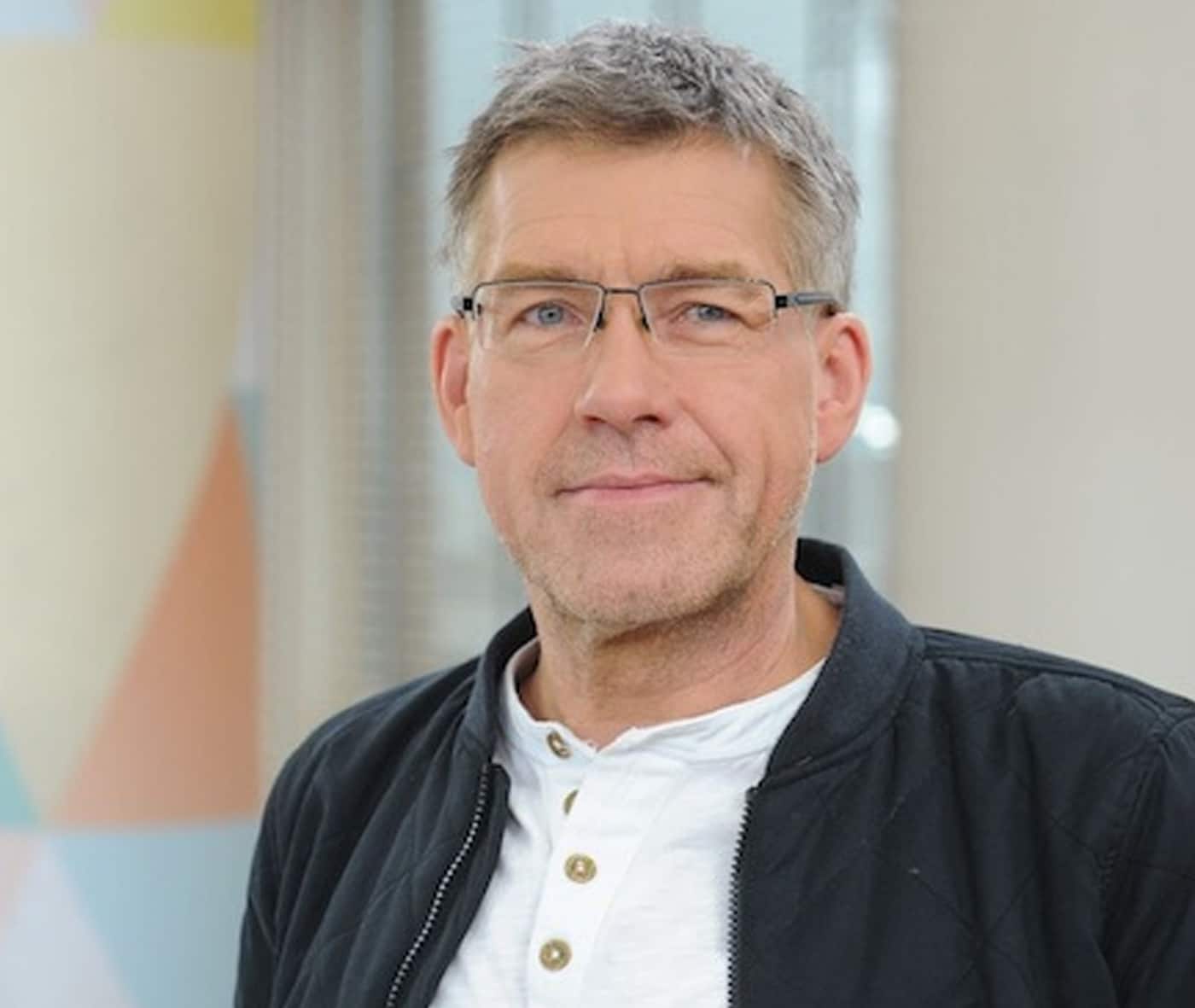
#84
The Power of Sleep: Unlocking the Secrets to Success with Elite Sports Sleep Coach Nick Littlehales
Nick Littlehales is a sleep coach who has worked with some of the world’s top sports teams including Manchester City and Liverpool FC. As the former International Sales and Marketing Director of the Slumberland Group and UK Sleep Council Chairman, Nick has spent over 20 years studying the science of sleep and recovery.
His international best-selling book ‘Sleep’ is a game-changer for those looking to achieve marginal gains, manage stress, or sleep better. In this podcast, we dive deep into his revolutionary R90 Recovery Technique and explore how it can be applied to everyday life.
Through his experiences working with elite athletes, Nick knows what success looks like and what it takes to get there. He puts the power of agency back in your hands by focusing on what you can control, from when you wake up to when you go to bed.
With his holistic approach to sleep, Nick seeks to inspire interconnected ripples concerning recovery, performance, and mood. His philosophies are not just beneficial for world-class athletes but for anyone involved in high-demanding professional fields such as business.
Get ready to be inspired as Nick shares his insights and strategies on how to weaponize sleep as a critical competitive advantage. Don’t miss this opportunity to learn from one of the world’s leading experts on sleep and recovery.
Subscribe
Find the show on your favourite player
Summary
03:03 Nick’s background
- Nick fell into the industry where he first worked in sales for the Slumberland Group
- He helped set up the first UK sleep council where he was the chairman for a while
- After being asked to sponsor the local football team, it eventually led his to meet Alex Ferguson, where the conversation about sleep and athletic performance started
07:25 How sleep affects the performance of elite athletes
- Sleep is an activity that we’re not in control of, but you can redefine behaviours and mindset
- We should change the name from ‘sleep’ to ‘human performance recovery tool’
- Sleep should be viewed as the start of the day
- Focus on what you can do when you are awake so you are best set up for a good night’s sleep
- Find a 20% better you from good sleep
13:56 Quality and quantity of sleep
- You still need about eight hours of sleep, but simply just allocating the time isn’t good enough
- It is important to become less fearful of sleep
- Educate yourself with circadian rhythms, daily routines, etc.
- Focus on your controllables
18:04 Nick’s work with the British Olympic team
- Understand how to optimise your recovery throughout the day
- In the Olympics, it’s never just about the week, but about the four years leading up to it
22:31 The difference between an average person and a high performing elite athlete
- You need the DNA profile to be able to start a journey in any sporting discipline
- You need to enjoy it so you remain completely focused on the discipline – dedication comes from obsession
- Normal people can be committed and disciplined, but they easily fall for distractions more
27:17 The sports psychology of being ‘distracted’ or focusing on other things
- It’s normal for our minds wander
- Too often we are thinking of failure as opposed to winning
28:59 Trying to fall asleep when you have something on your mind
- Worrying about your sleep is the biggest disrupter
- Too often we approach sleep with our fingers crossed as we worry about sleep disruptors in the run up
- A polyphasic approach to your sleep cycle is about having multiple recovery opportunities throughout the day, as opposed to the monophased approach which relies on just a bulk eight sleep each night
- Recover at different times of the day
- Technology and electric lights have created the monophasic sleep cycle, as they make it difficult for regular recovery opportunities
- Try out 16 rest cycles of 90 minutes, where you could even just look out of the window for 2 minutes and pause every 90 minutes
30:06 Genetic chronotypes
- We don’t need to test ourselves – it’s pretty obvious if you find you are a morning versus evening person
- Prepare yourself better if you need to perform at a certain time of time day
- Adapt your behavior to stimulate your function
54:31 Bedroom hygiene
- Keep the bedroom between 16 – 18 degrees room temperature
- Humans are not designed to sleep with each other (we curl up in our own space in the bed)
- Have the mindset of bringing the outside in: colours, temperature, light, etc.
- Understand it’s from light to dark, warm to cool
01:03:26 The postural alignment when we sleep
- The design of the mattresses is to suit as many people as possible – so it’s hard to find what’s right for you
- It’s easy and tempting to fall for the marketing messages and spend thousands on a mattress, but it’s worth going for something cheaper
- There has been a big spike with mattresses bought online since the pandemic
- It’s important to go to a shop and physically check before you make an online purchase
- You don’t need to sleep on something hard and firm
01:14:46 Pharmaceutical aids for sleep
- 1 in 3 people use aids
- Focus on the natural process, not about adding chemicals in
- So many people are accessing things privately online – people will crash and burn if they become reliant on them
- Every pill has a catch and a side effect
- 50% of Nick’s work is dedicated to helping people move away from pharmaceutical aids
Links Mentioned: